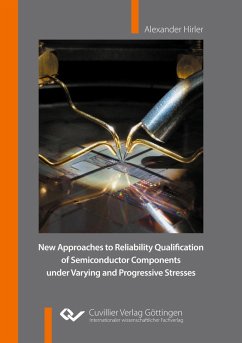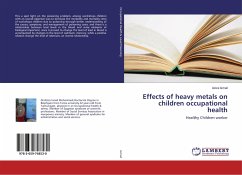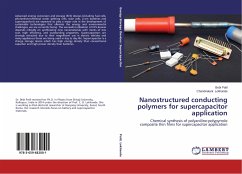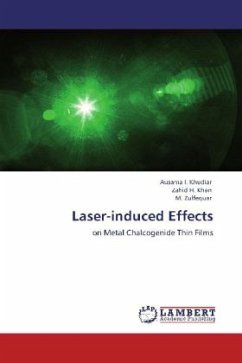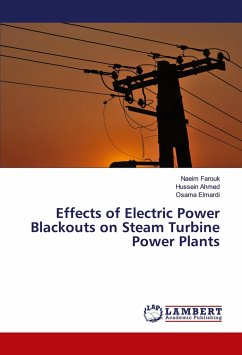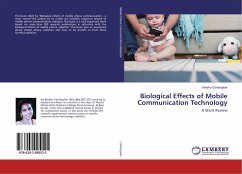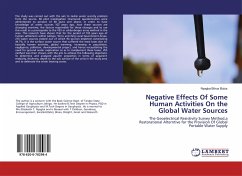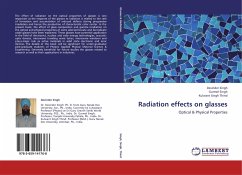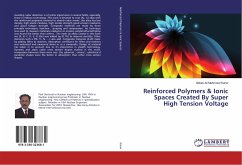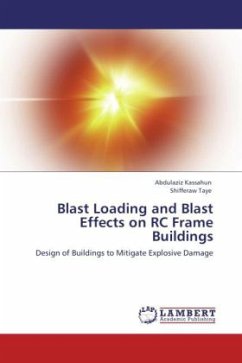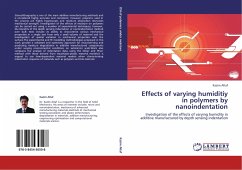
Effects of varying humiditiy in polymers by nanoindentation
Investigation of the effects of varying humidity in additive manufactured by depth sensing indentation
Versandkostenfrei!
Versandfertig in 6-10 Tagen
52,99 €
inkl. MwSt.

PAYBACK Punkte
26 °P sammeln!
Stereolithography is one of the main additive manufacturing methods and is considered highly accurate and consistent, however, polymers used in the process are highly hygroscopic and moisture absorption decreases mechanical strength. Investigation of the effects of moisture on polymers can be carried out using a number of experimental techniques; however, the benefits of the depth sensing indentation or nanoindentation method over bulk tests include its ability to characterise various mechanical properties in a single test from only a small volume of material and the investigation of spatial v...
Stereolithography is one of the main additive manufacturing methods and is considered highly accurate and consistent, however, polymers used in the process are highly hygroscopic and moisture absorption decreases mechanical strength. Investigation of the effects of moisture on polymers can be carried out using a number of experimental techniques; however, the benefits of the depth sensing indentation or nanoindentation method over bulk tests include its ability to characterise various mechanical properties in a single test from only a small volume of material and the investigation of spatial variation in mechanical properties near the surface.The experimental and FE modelling methodologies proposed in this work provide a validated and systematic approach for characterising and predicting moisture degradation in additive manufactured components under varying environmental conditions on submicron scale.Work also compares the analysis of indentation data using the Oliver and Pharr method with those derived from viscoelastic-plastic material models.It is argued to use time-dependent material models when characterising indentation response of materials such as polymers and bio-material.



